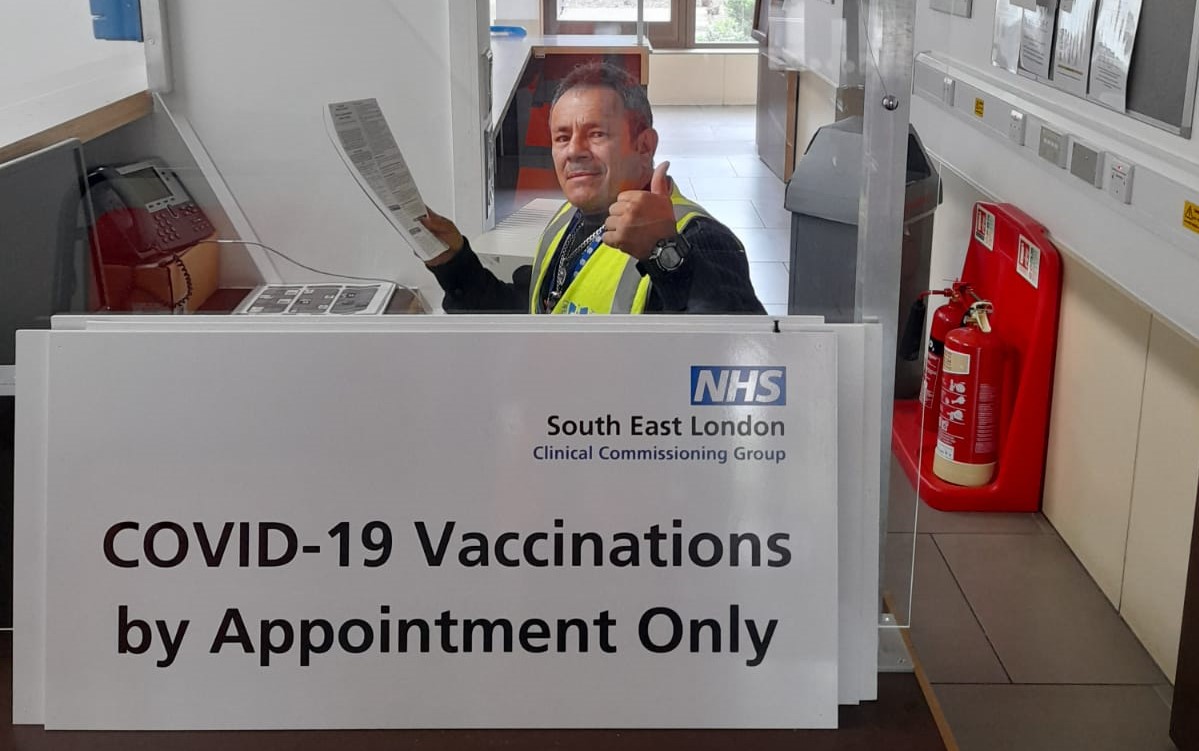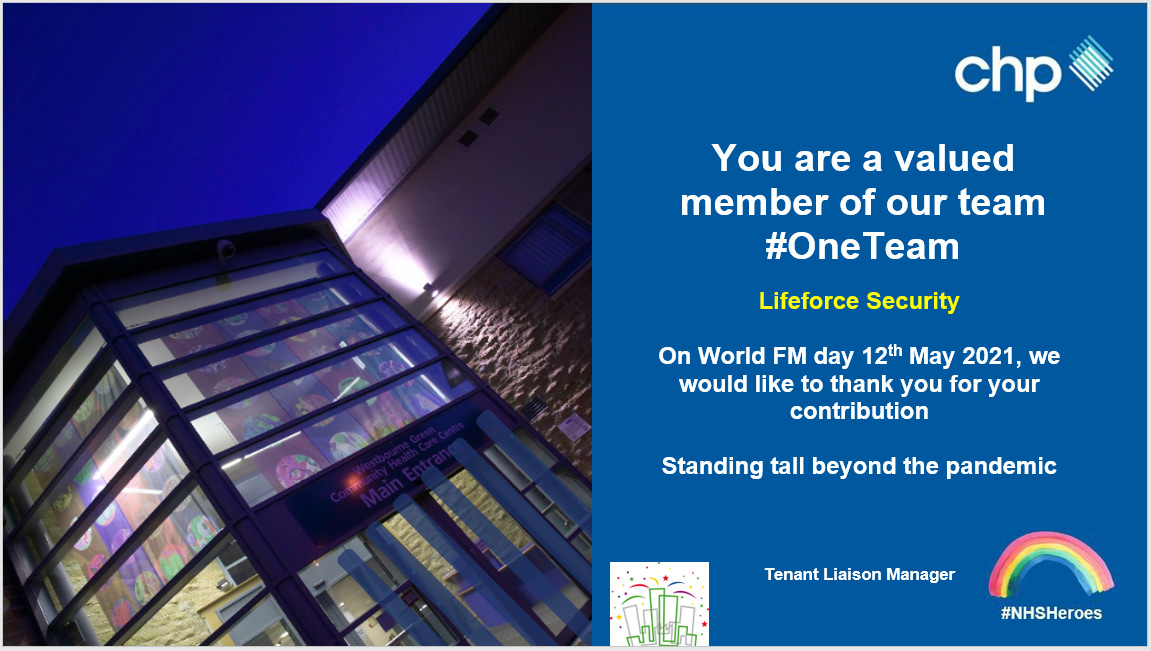Case Study
Strengthening Security Protocols for Community Health Partnerships
Client Overview: Community Health Partnerships (CHP) stands as a prominent organization dedicated to managing the infrastructure and properties within the expansive network of the National Health Service (NHS) throughout the United Kingdom. As a leading not-for-profit entity, CHP shoulders the responsibility of safeguarding healthcare facilities to ensure uninterrupted service delivery to communities nationwide.
Client’s Challenge: In August 2019, LifeForce Security assumed control of a critical security guarding contract for CHP, inheriting only two security personnel under TUPE regulations. The transition posed significant challenges, notably the prevalent issues of frequent intruder alarms and trespassing incidents within CHP premises. These security breaches not only jeopardized the safety of staff and visitors but also compromised the integrity of essential healthcare services.
Solution Implemented: LifeForce Security immediately recognized the urgent need for comprehensive security measures to address the pressing concerns faced by CHP. With a strategic approach, they initiated a multi-faceted solution to fortify the security framework across all CHP-managed sites. Key components of their strategy included:
-
- Increased Patrol Frequencies: LifeForce Security augmented patrol frequencies across all CHP properties, ensuring thorough coverage and surveillance to deter potential intrusions and unauthorized access.
- Strategic Time Periods: Through meticulous analysis and collaboration with CHP stakeholders, critical time periods were identified when intruder alarms and security breaches were most likely to occur. LifeForce Security strategically deployed resources during these high-risk intervals to bolster response capabilities and minimize vulnerabilities.
- Proactive Engagement: Beyond fulfilling contractual obligations, LifeForce Security proactively engaged with CHP to provide comprehensive security solutions tailored to the unique needs of each facility. This proactive approach fostered a collaborative partnership aimed at enhancing overall security resilience and effectiveness.
Outcome: The proactive measures implemented by LifeForce Security yielded tangible results, significantly mitigating security risks and enhancing the safety of CHP properties. Over a span of four months, from September to December 2019, the average monthly incidents related to intruder alarms and trespassing plummeted from 40 to nearly zero. This remarkable reduction underscored the efficacy of the implemented security protocols in safeguarding CHP facilities and ensuring uninterrupted healthcare services.
Value Added: In addition to mitigating security risks, LifeForce Security actively contributed to the enhancement of security infrastructure and practices within CHP facilities. They leveraged their expertise to provide invaluable insights and recommendations on floor planning, access control, and security best practices. By empowering CHP with actionable guidance, LifeForce Security demonstrated a steadfast commitment to maximizing safety and security across the NHS network.
Supporting COVID-19 Vaccination Efforts: Amidst the unprecedented challenges posed by the COVID-19 pandemic, LifeForce Security demonstrated remarkable agility and commitment by mobilising additional resources to support CHP’s vaccination initiatives. During the peak of the pandemic, LifeForce Security expanded their security personnel to 13 guards, effectively managing security operations at various COVID-19 vaccination sites. Their unwavering dedication played a crucial role in ensuring the smooth and secure operation of vaccination centers, contributing to the nationwide effort to combat the spread of the virus.
Conclusion: Through proactive engagement, strategic deployment of resources, and a commitment to excellence, LifeForce Security successfully addressed the prevalent security challenges faced by Community Health Partnerships. Their collaborative approach not only led to a significant reduction in security incidents but also strengthened the partnership between security service provider and client, laying the foundation for continued collaboration in ensuring the safety and well-being of NHS facilities nationwide.


